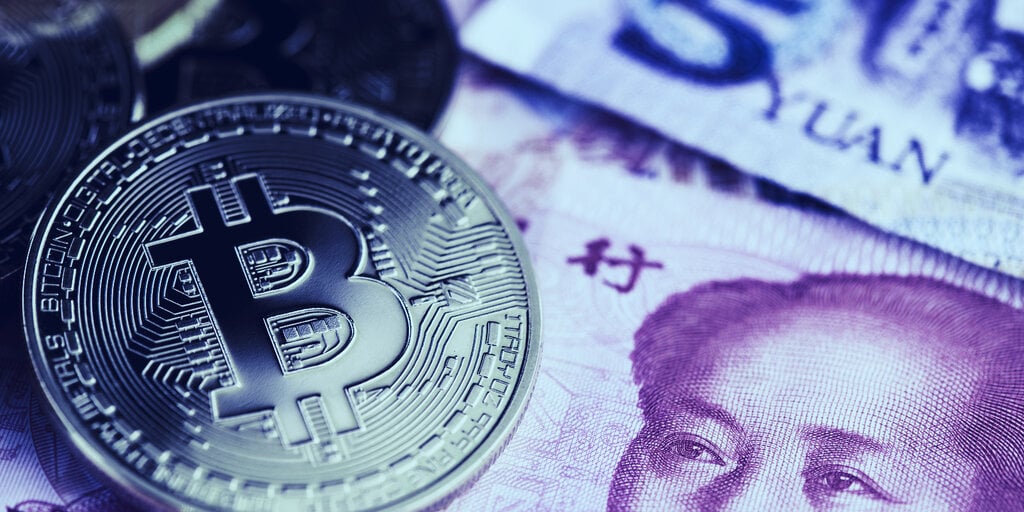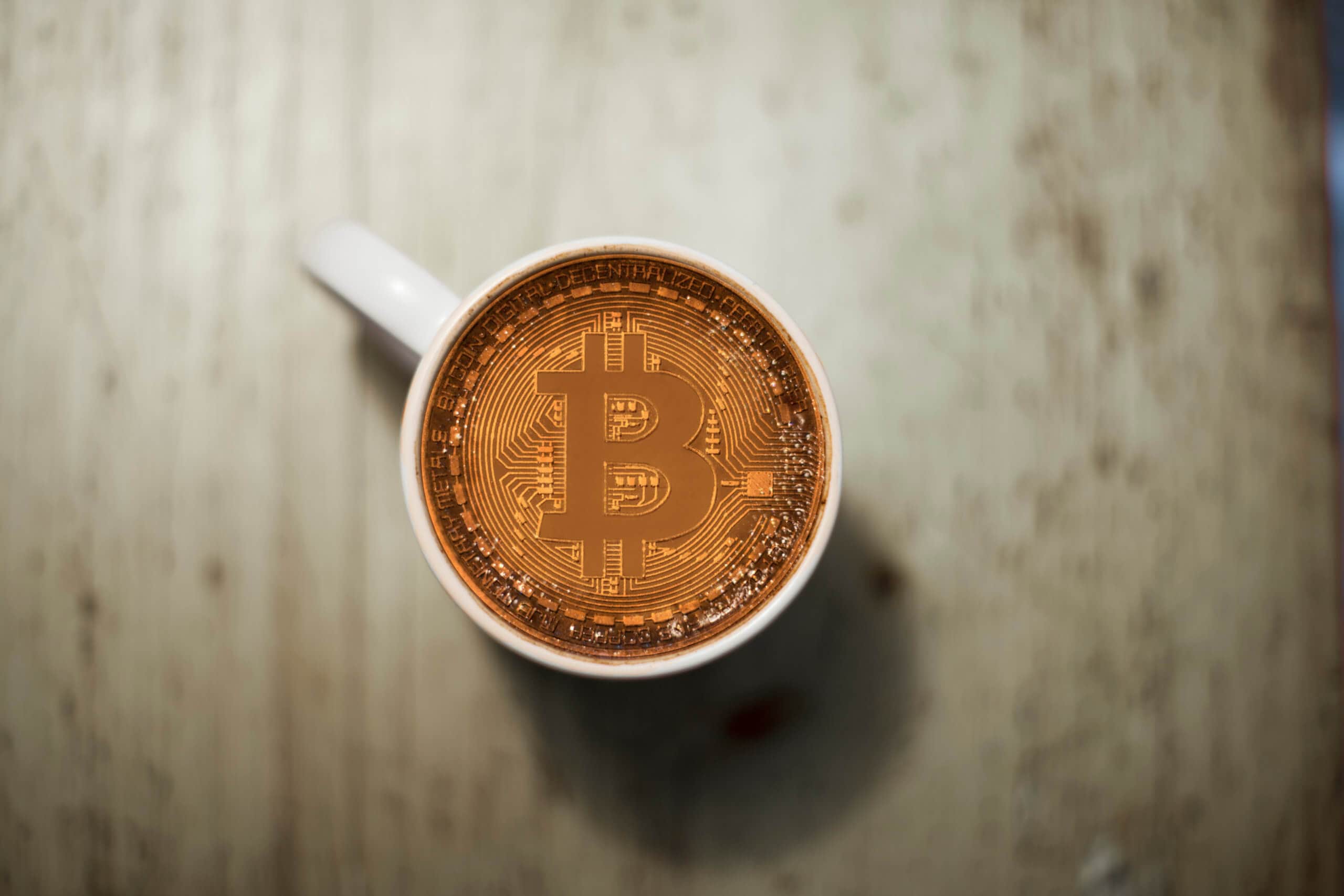The People’s Bank of China said in a statement Saturday that the central bank will “maintain high pressure on virtual currency trading hype.”
The statement comes a day after policymakers set the priorities of the bank for the second half of the year.
The PBoC congratulated itself for “severely cracking down on illegal activities of virtual currency” earlier this year and said it will continue to supervise financial platforms and continue to crack down on crypto “trading hype.”
The Chinese government has restricted crypto trading in the country since 2017, when it barred Chinese financial institutions from dealing with crypto. This prevented cryptocurrency exchanges from operating in the country.
On May 17 this year, three major payments associations in China reconfirmed their commitment to that regulation, claiming that speculative trading was “seriously infringing on the safety of people’s property and disrupting the normal economic and financial order.”
China then redoubled its efforts by introducing restrictions on crypto mining five days later to “prevent and control financial risks.” Restrictions on BTC mining continued to rip through the country throughout June.
In September 2019, Chinese miners accounted for as much as 76% of all miners. After the restrictions took force, BTC’s hash rate dropped by 76% as Chinese miners relocated abroad.
Out with the old, in with the new
While it cracks down on crypto, the PBoC is busy working on its own central bank digital currency.
According to a July 2021 progress report by the central bank, its digital yuan has been used in 70.75 million transactions, reaching a total value of 34.5 billion yuan ($5 billion) by the end of June.
The digital yuan is not cryptocurrency but the digital equivalent of China’s physical currency renminbi. It is held in a mobile wallet.
Digital yuan tokens have unique identifiers, just like banknotes—except, of course, the government can easily track the digital version and see whose wallet it is in. That’s convenient when the government wants to crack down on “illicit activities.”























